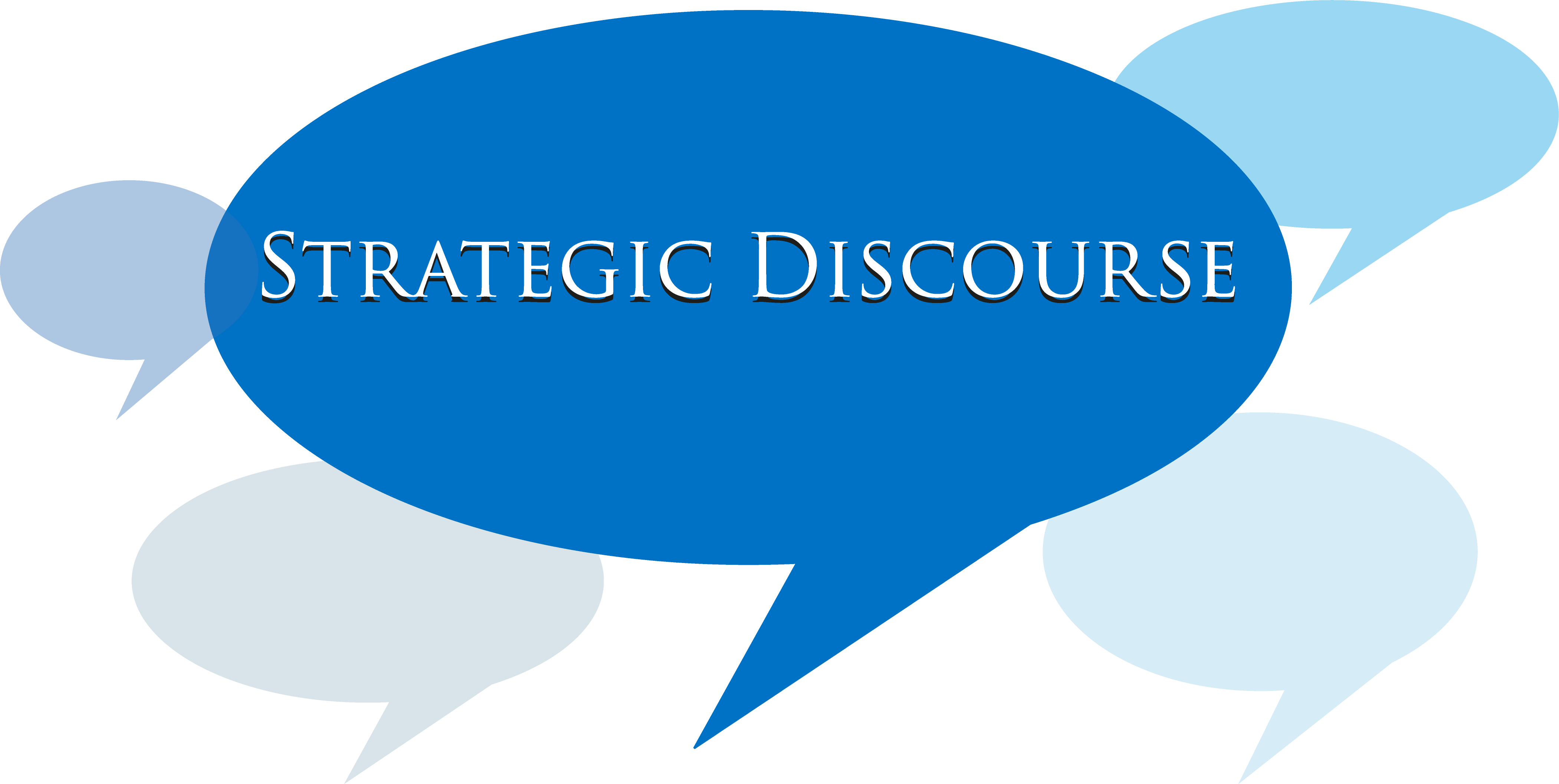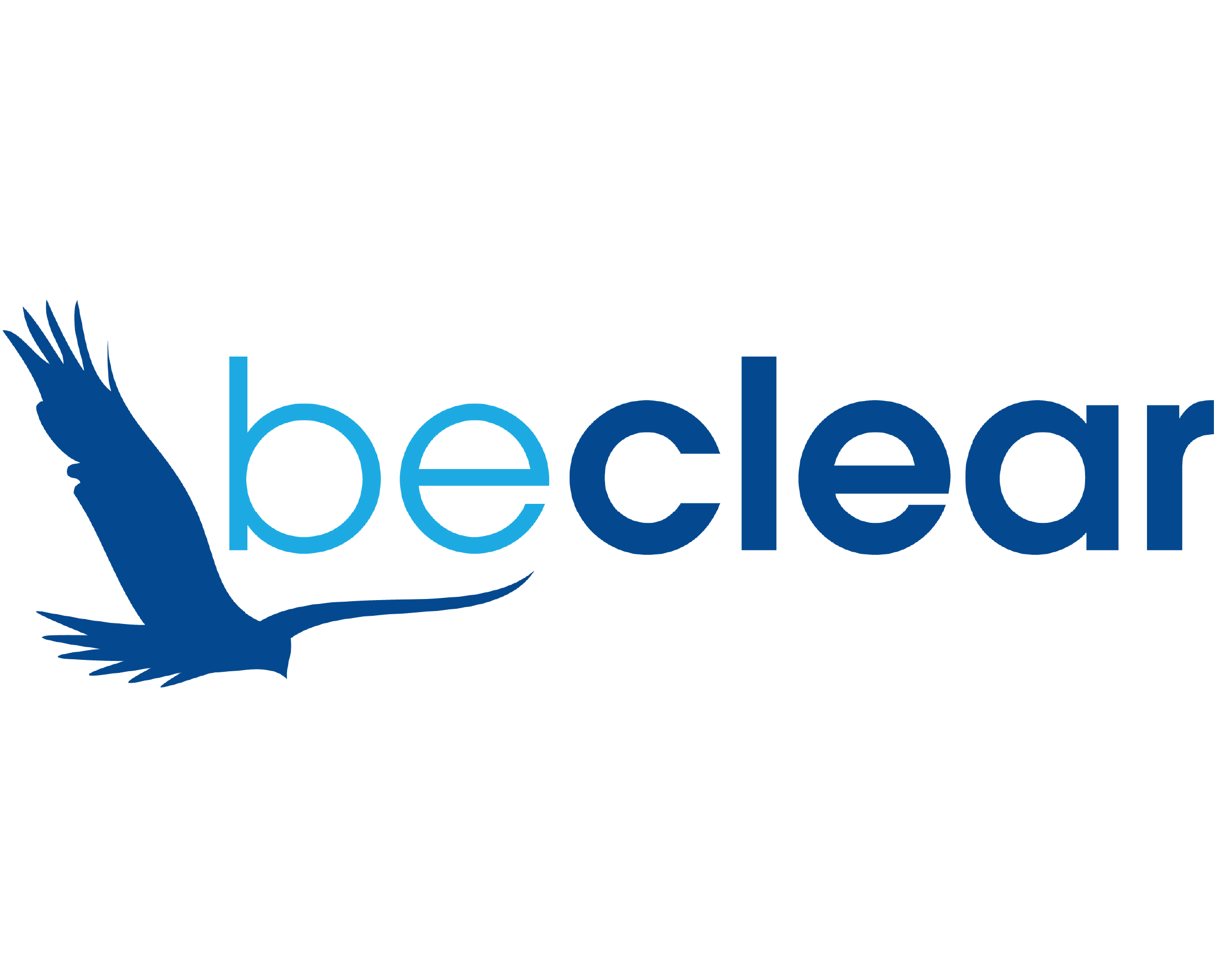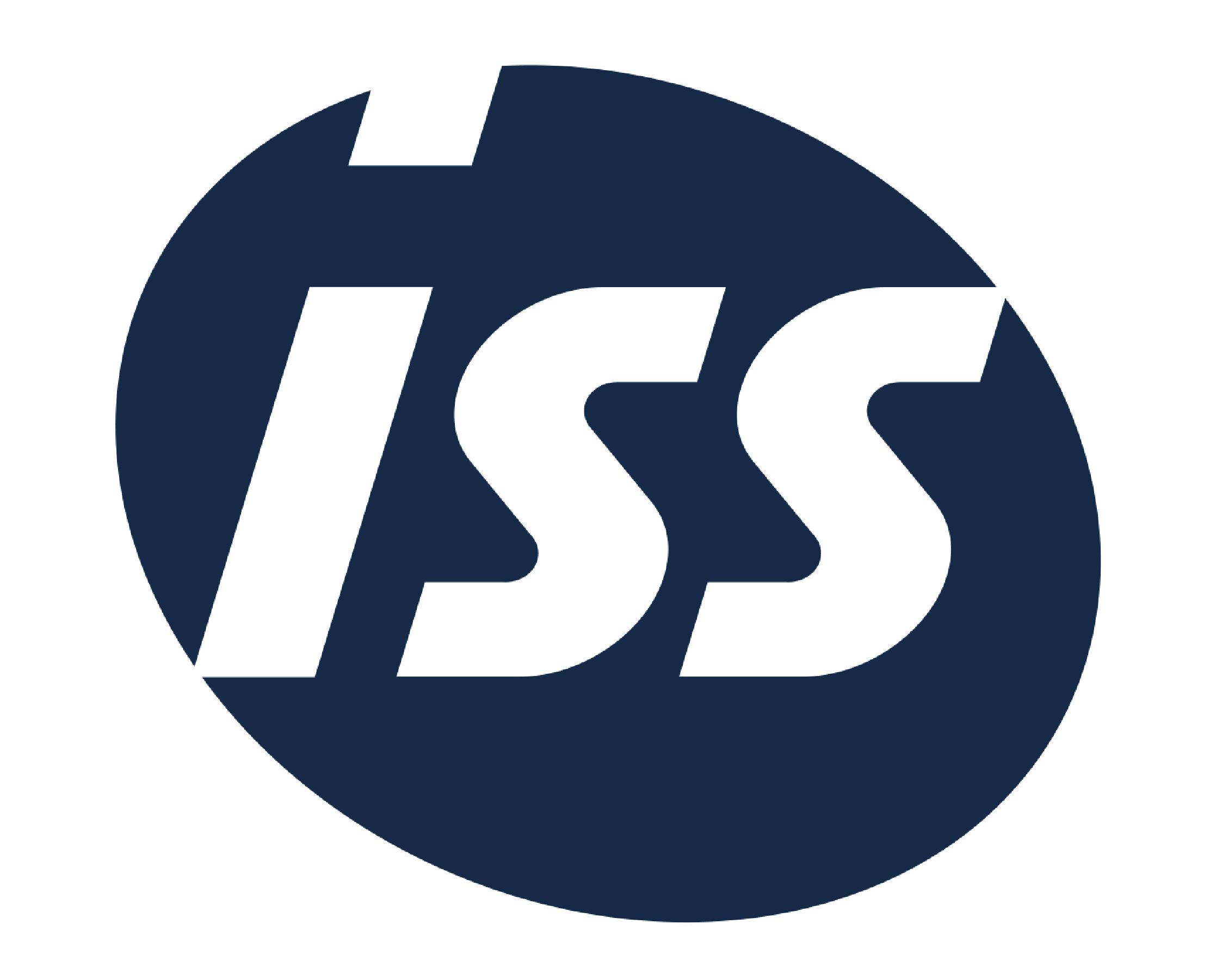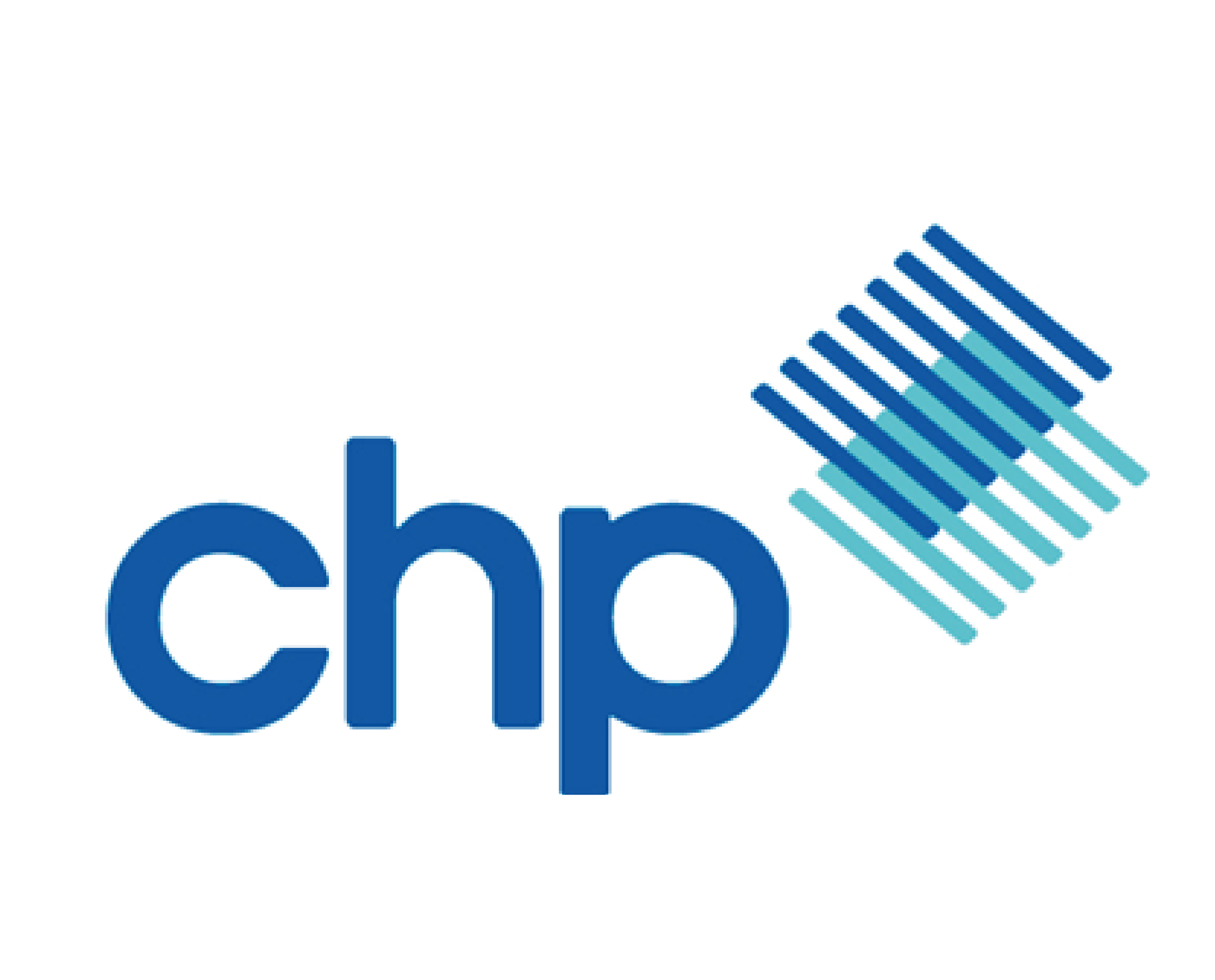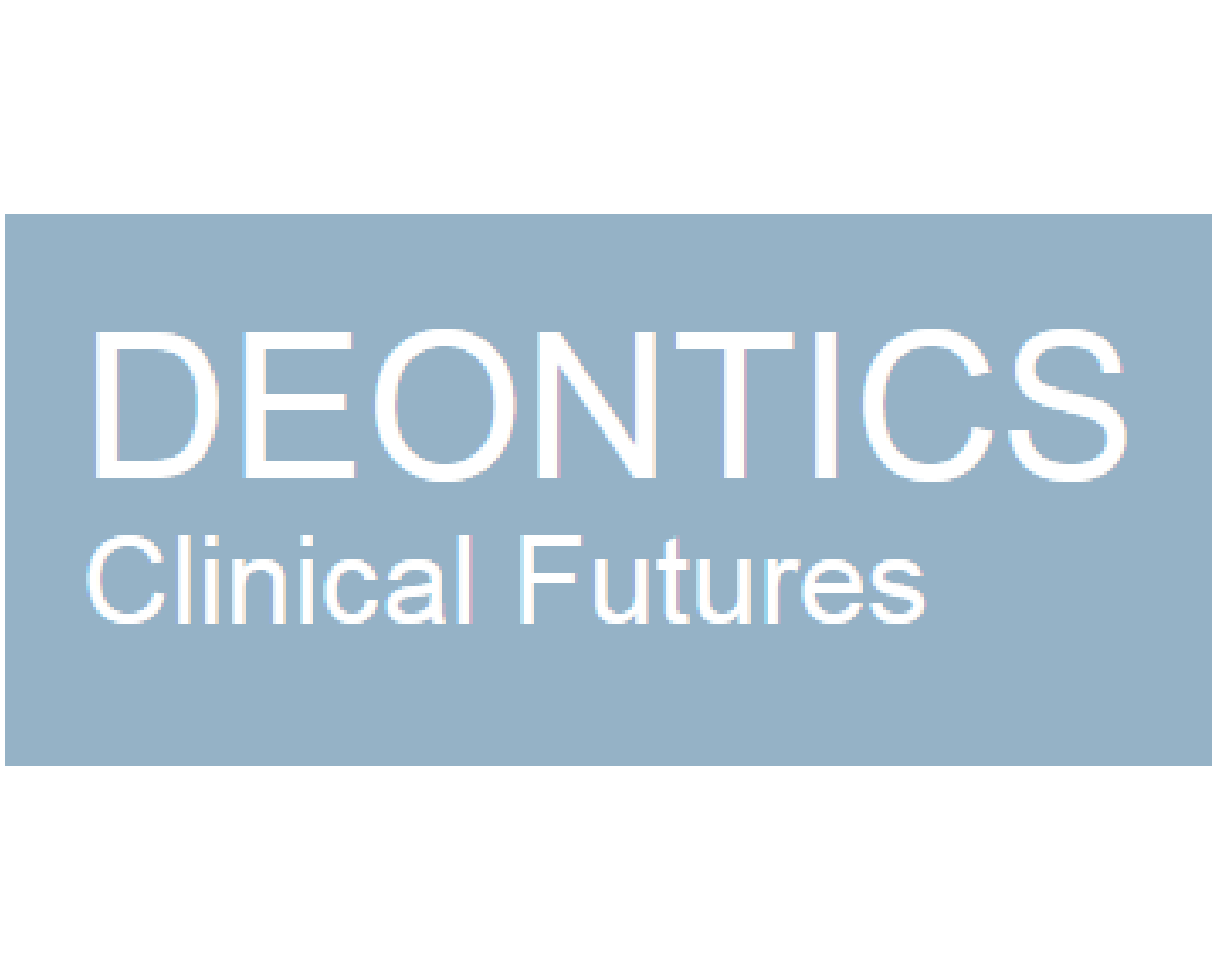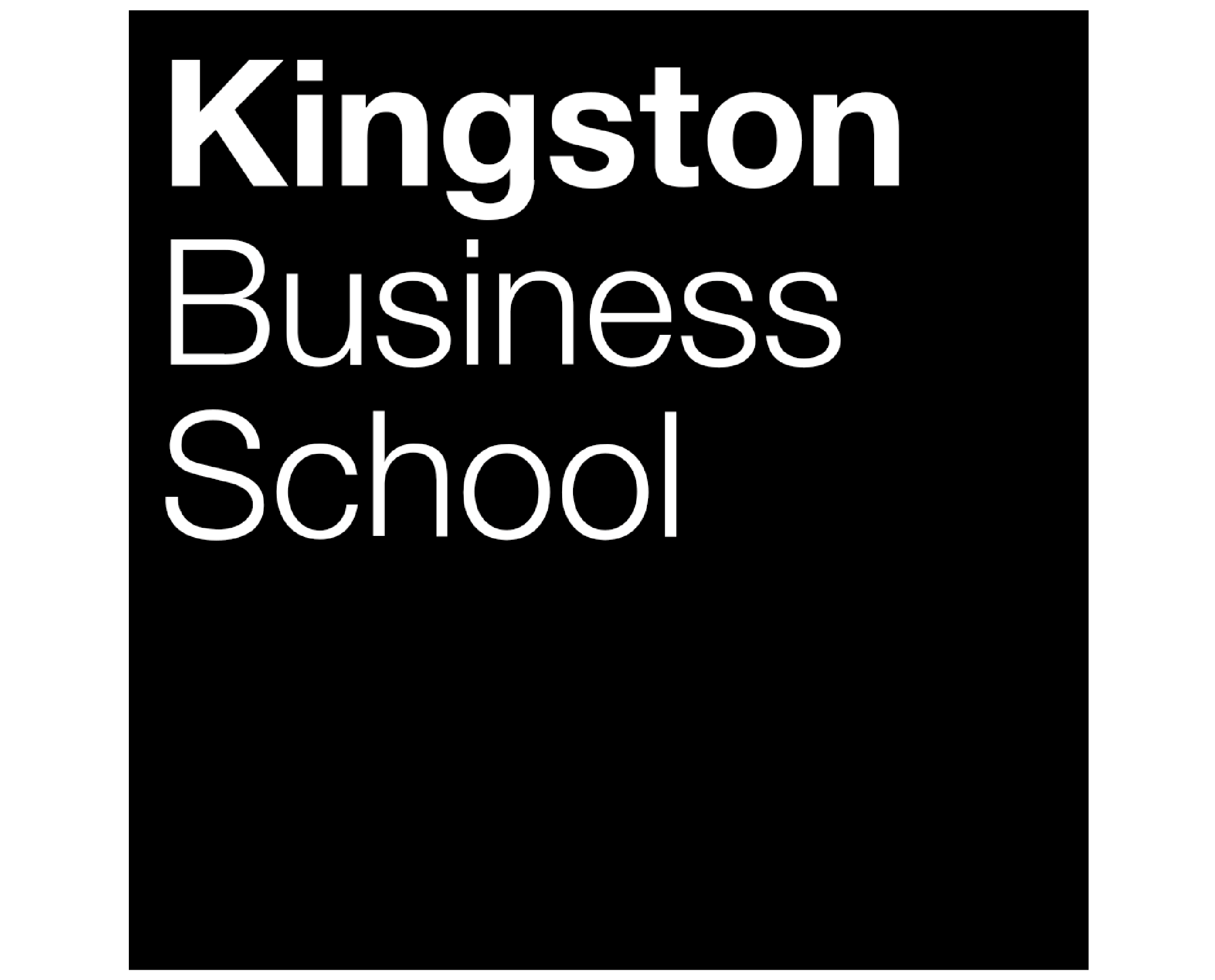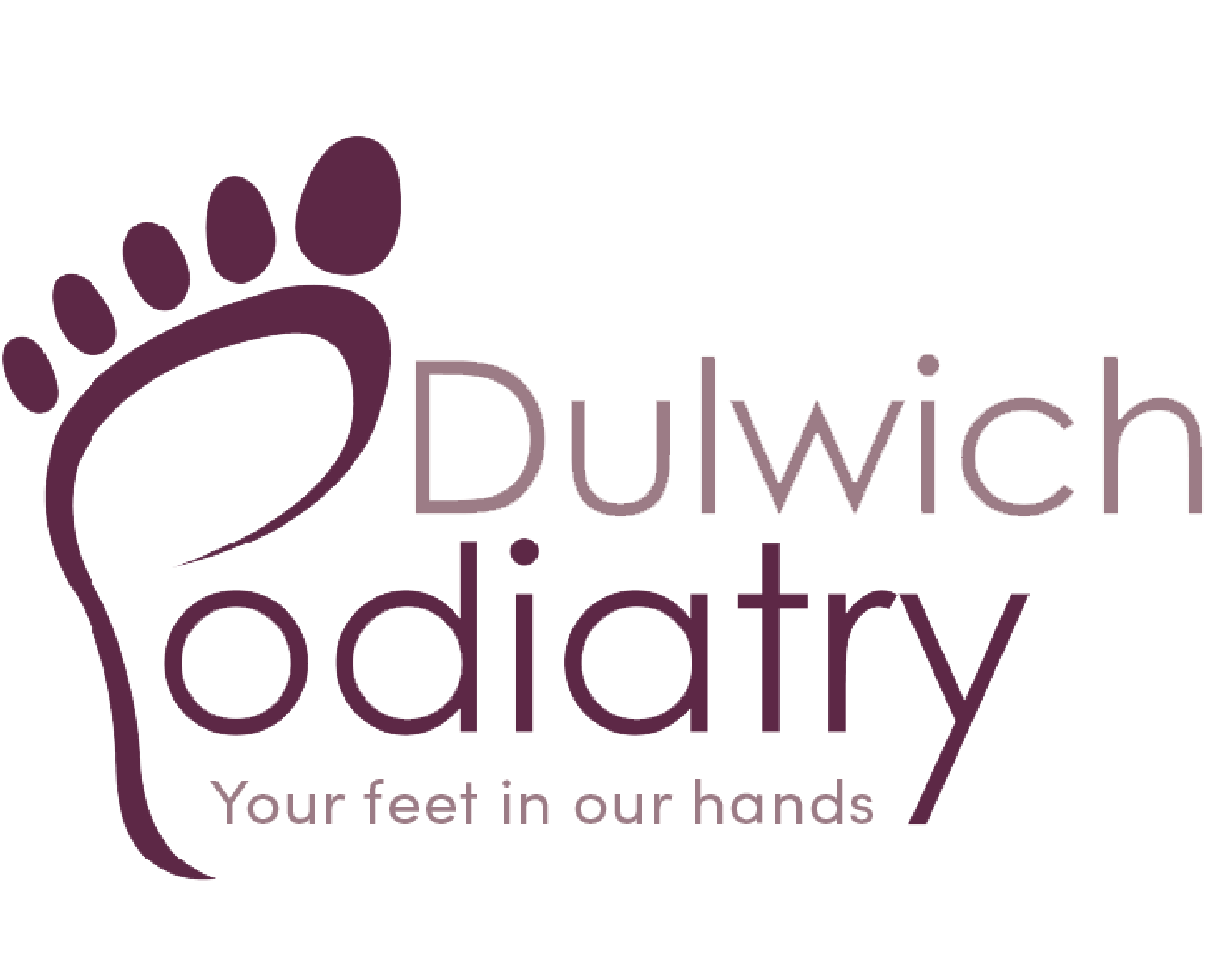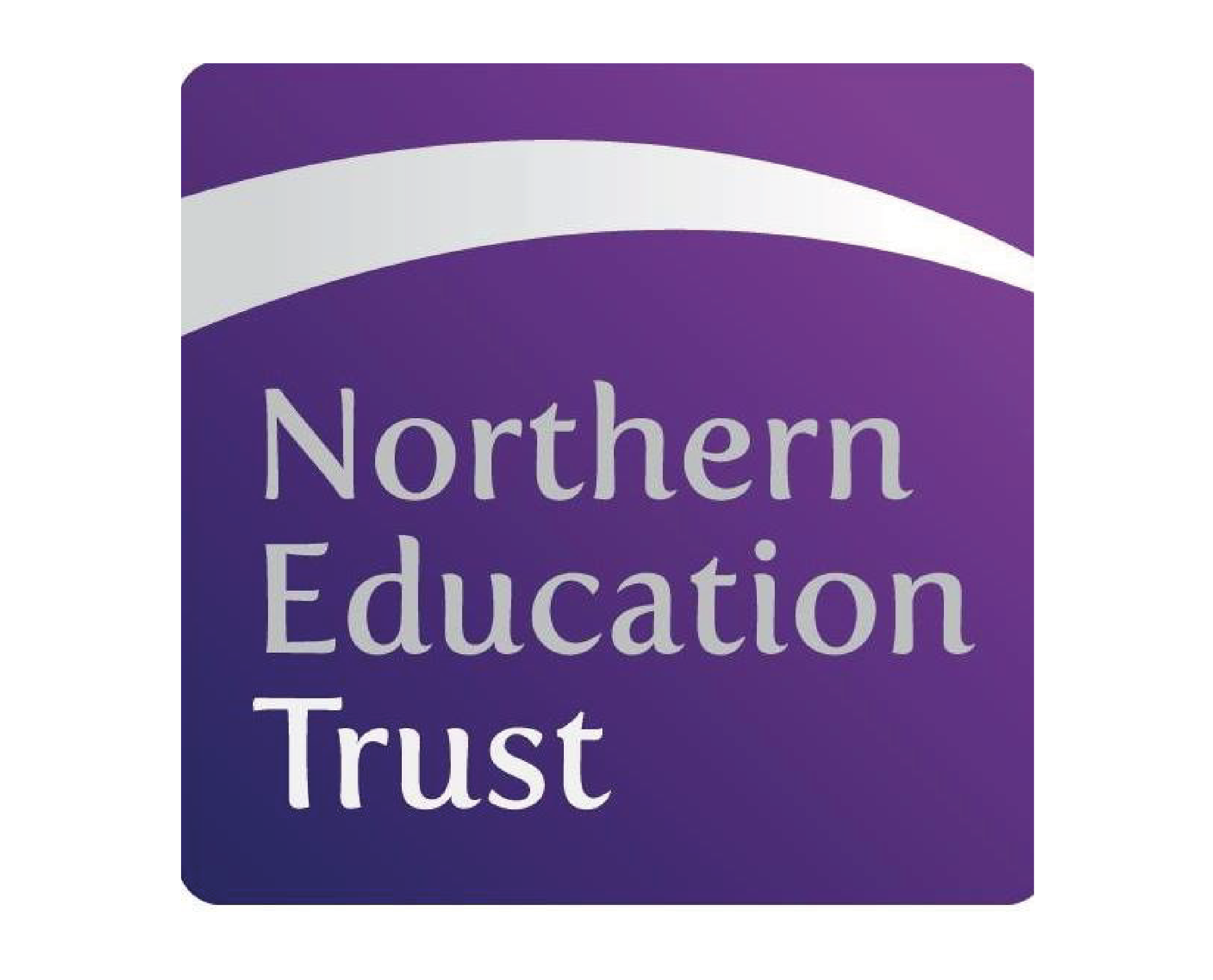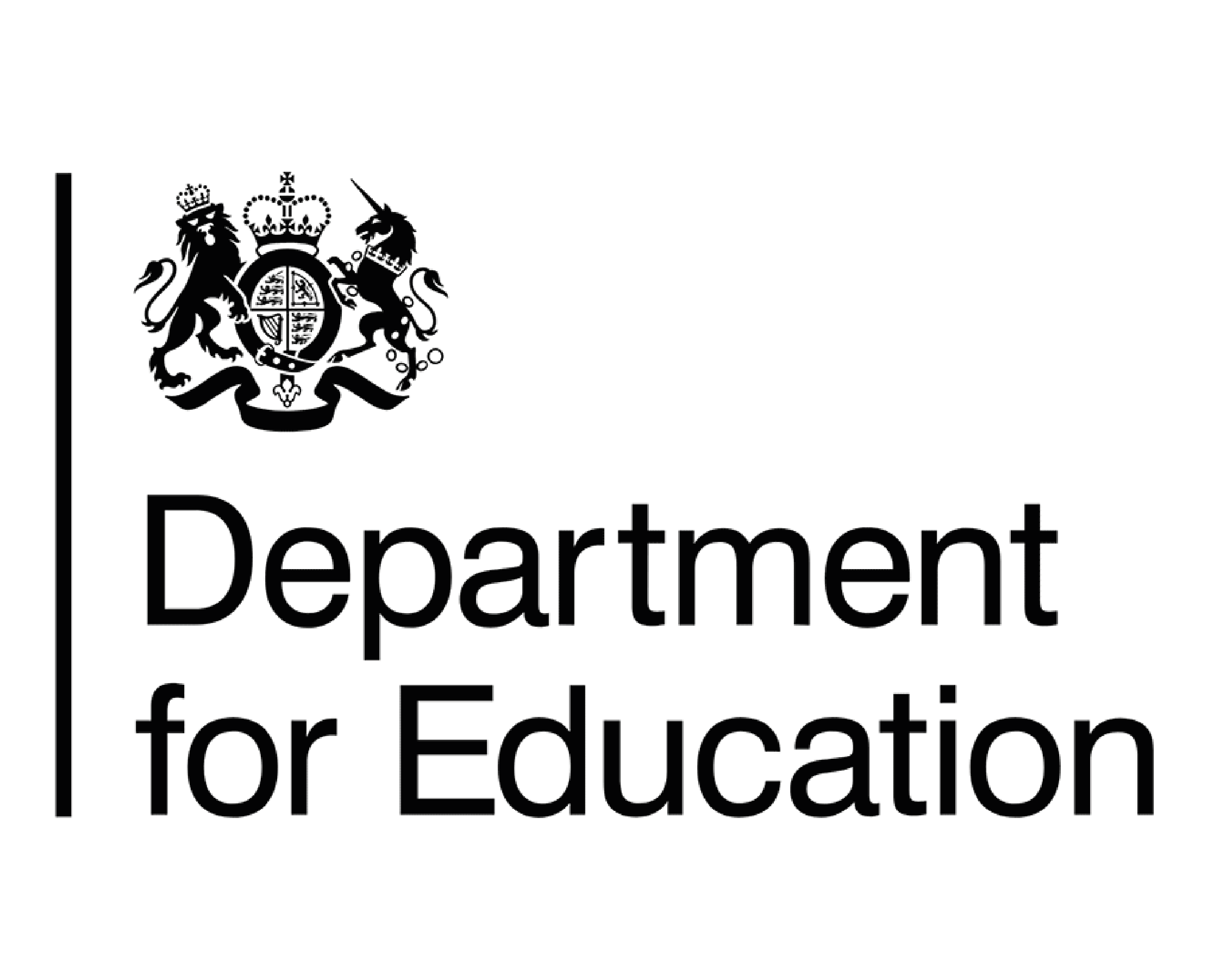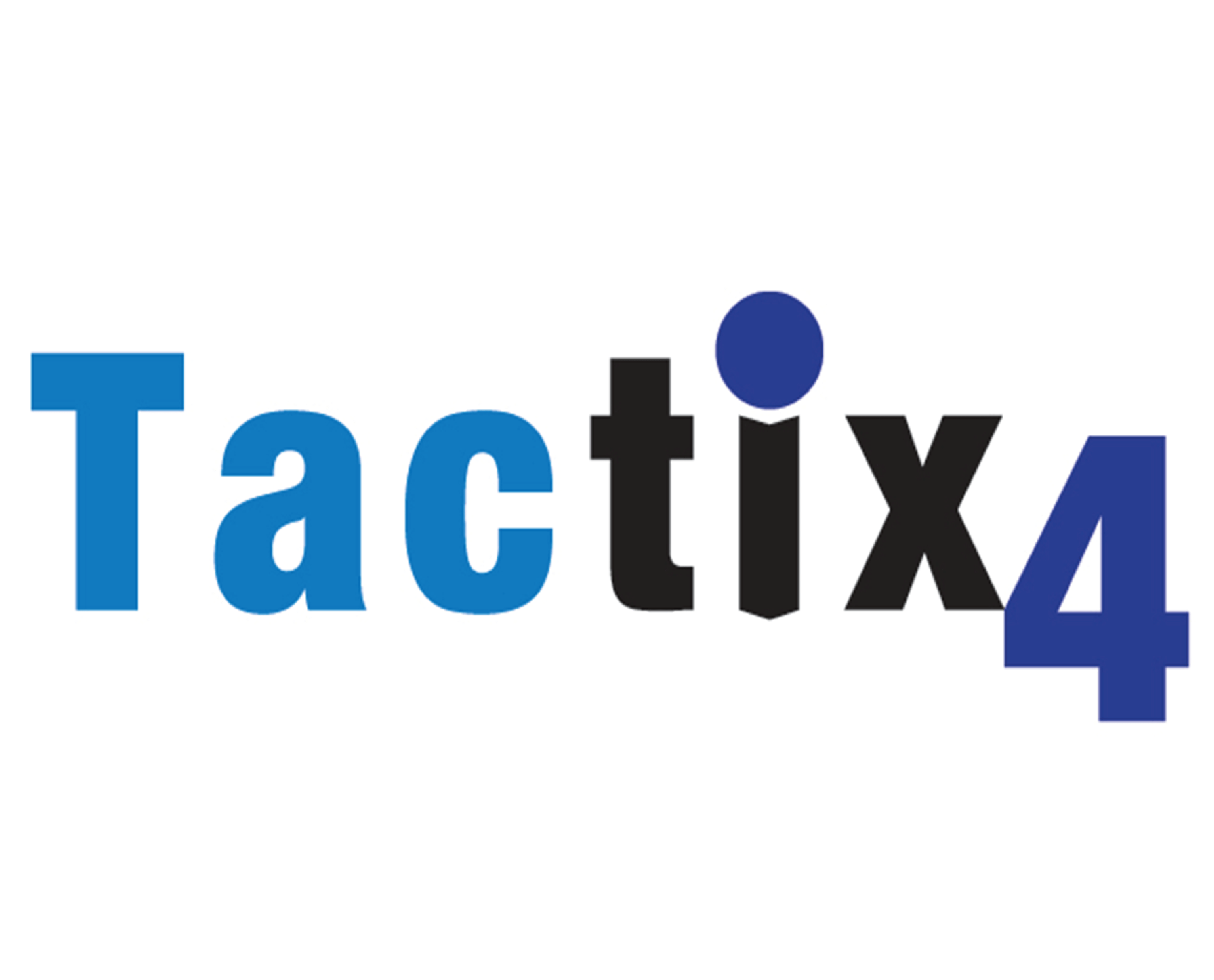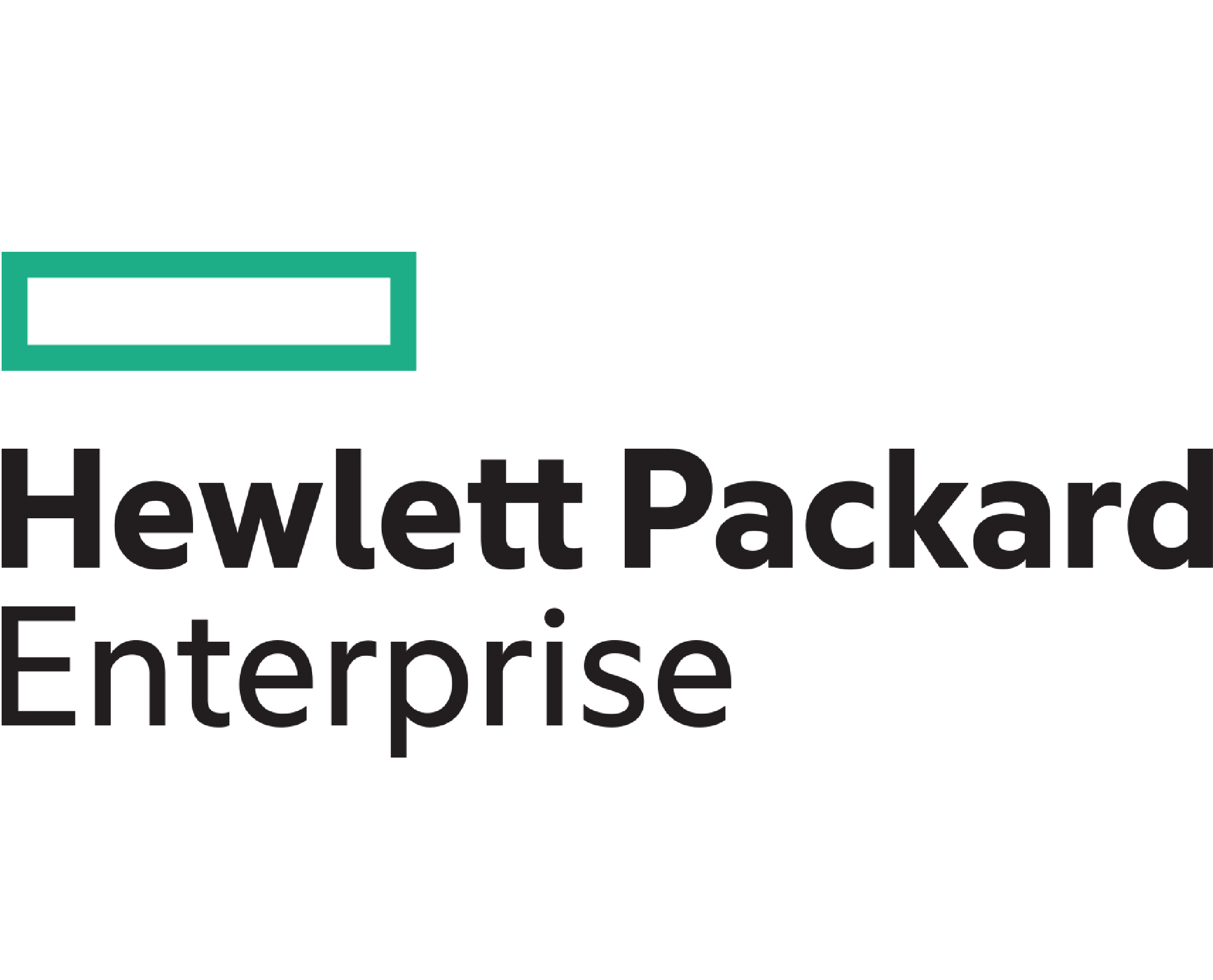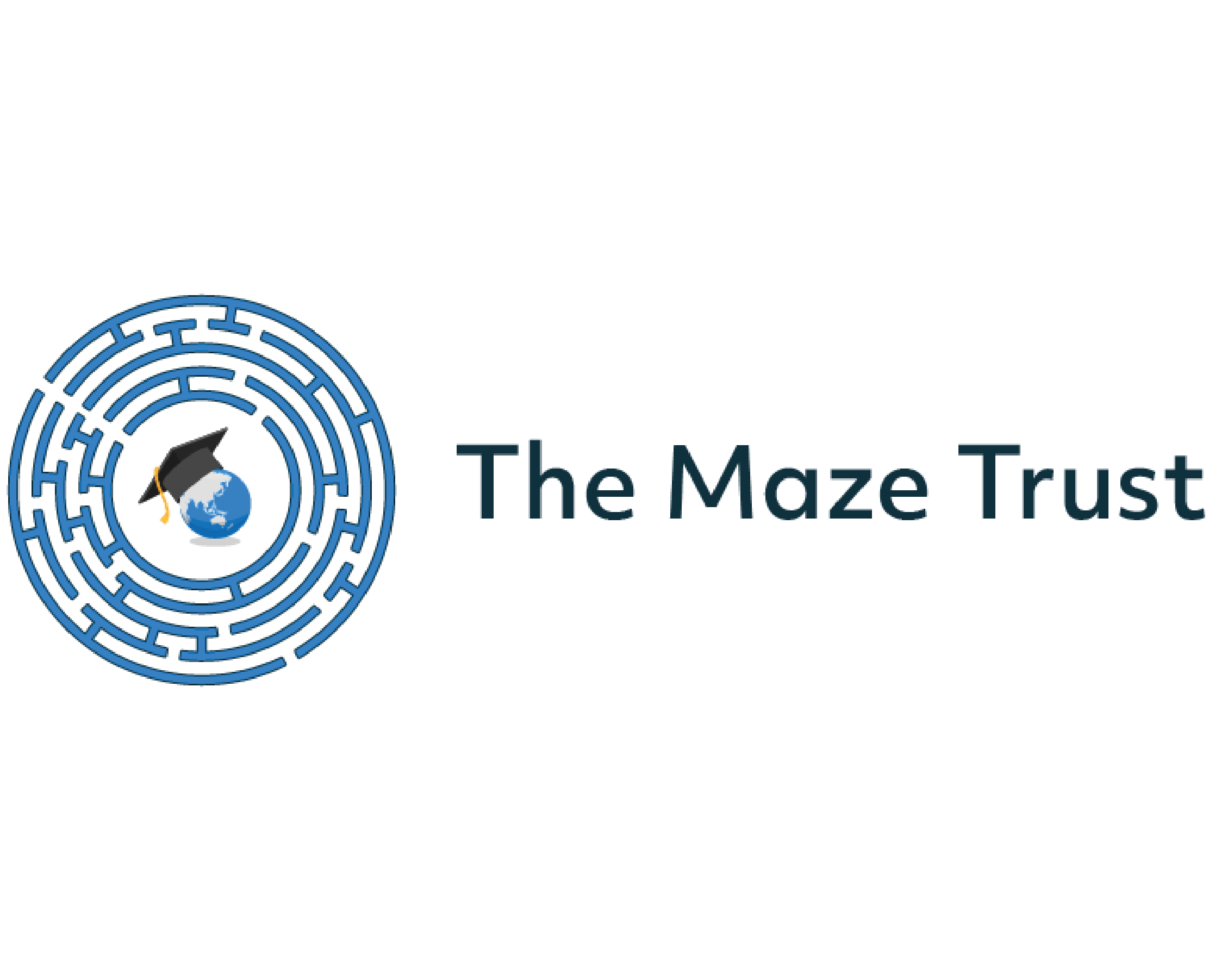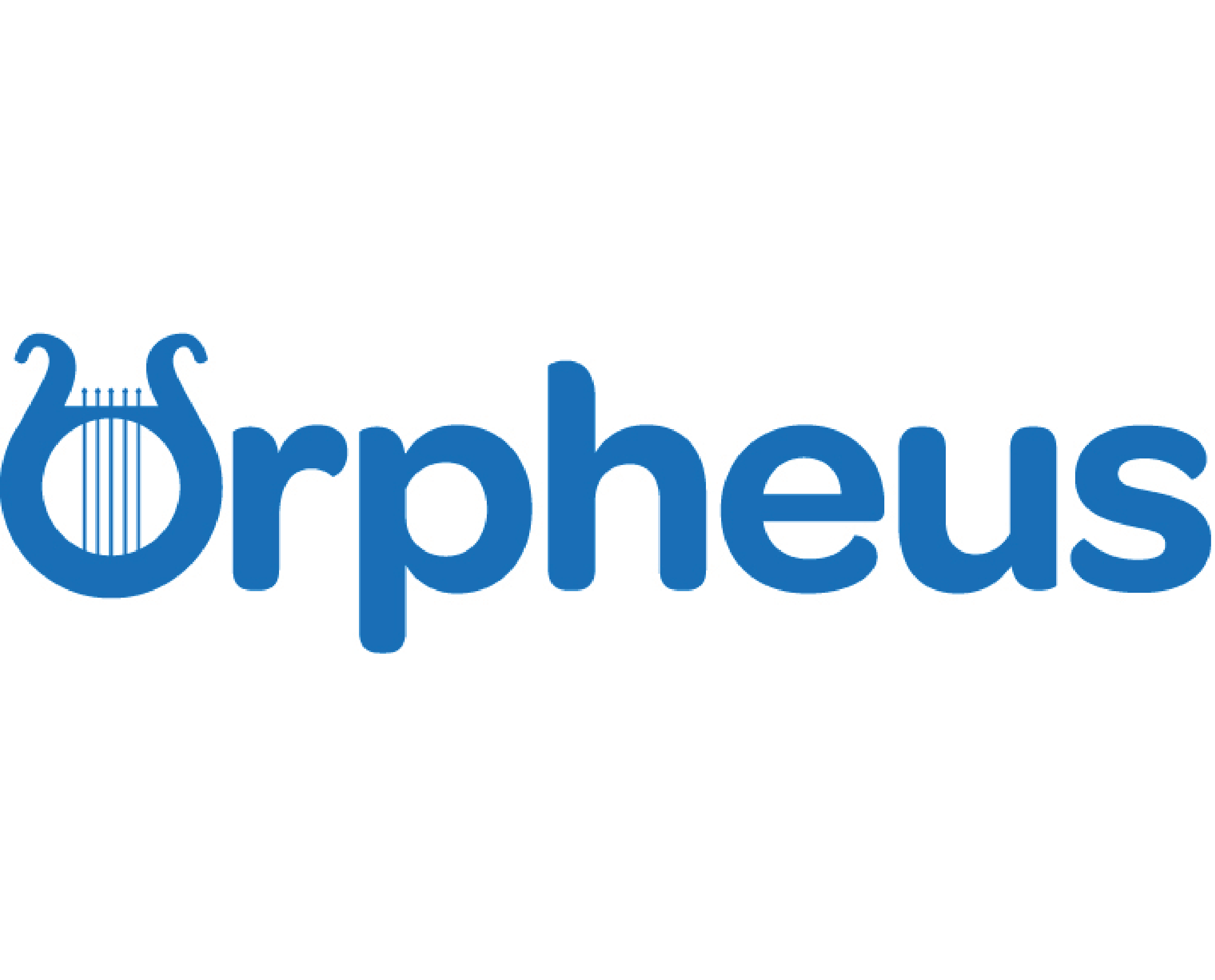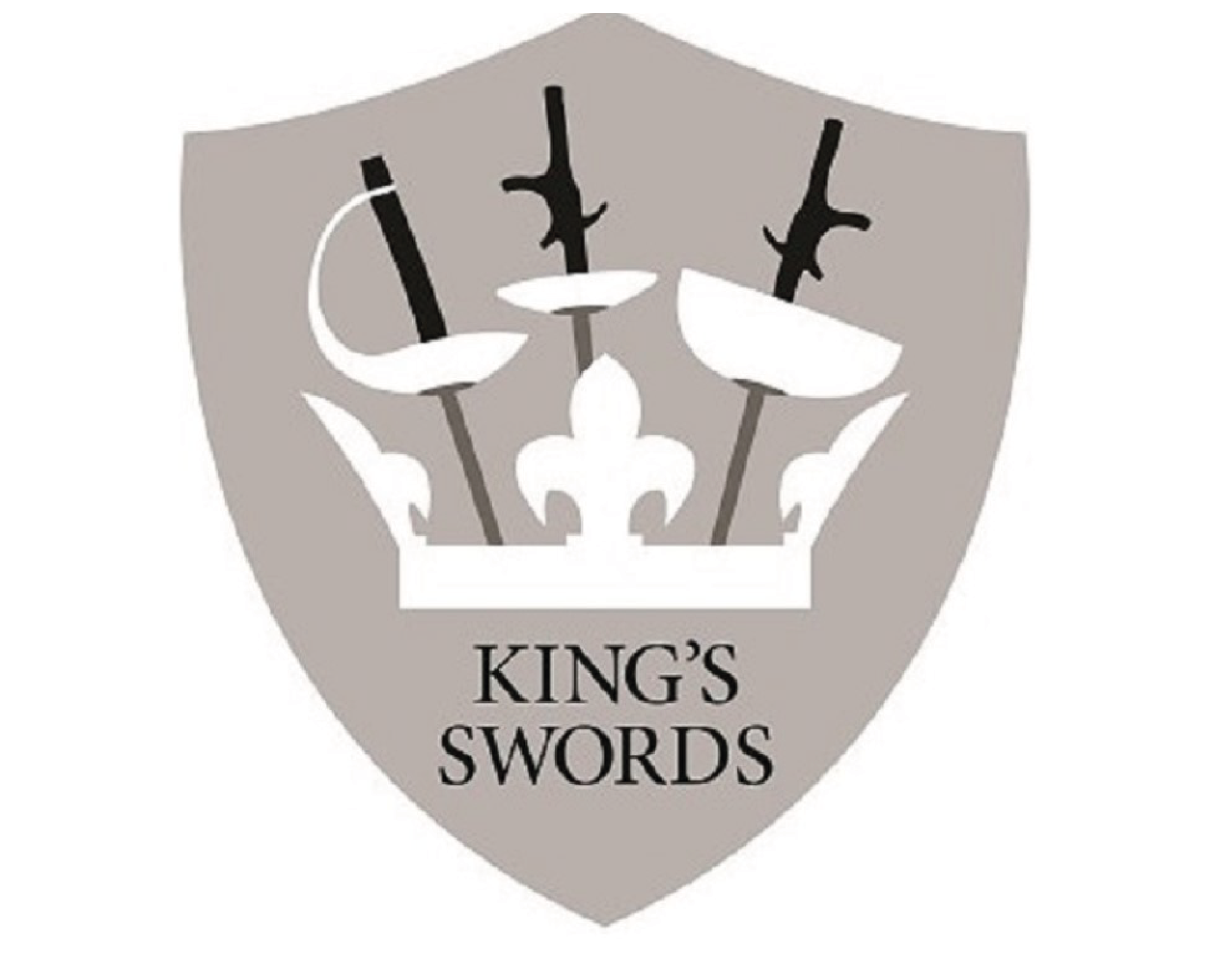Project Description
About the Client
The Maze Trust is a New Zealand based charity that works exclusively in the South Pacific. The purpose of the charity is to fund educational development/enhancement programs, develop educational learning facilities, and fund various community and research projects that support the overall increase in education or knowledge, and those activities which support these goals. Regions where there are substantial barriers to education are eligible to receive support from the Maze Trust.

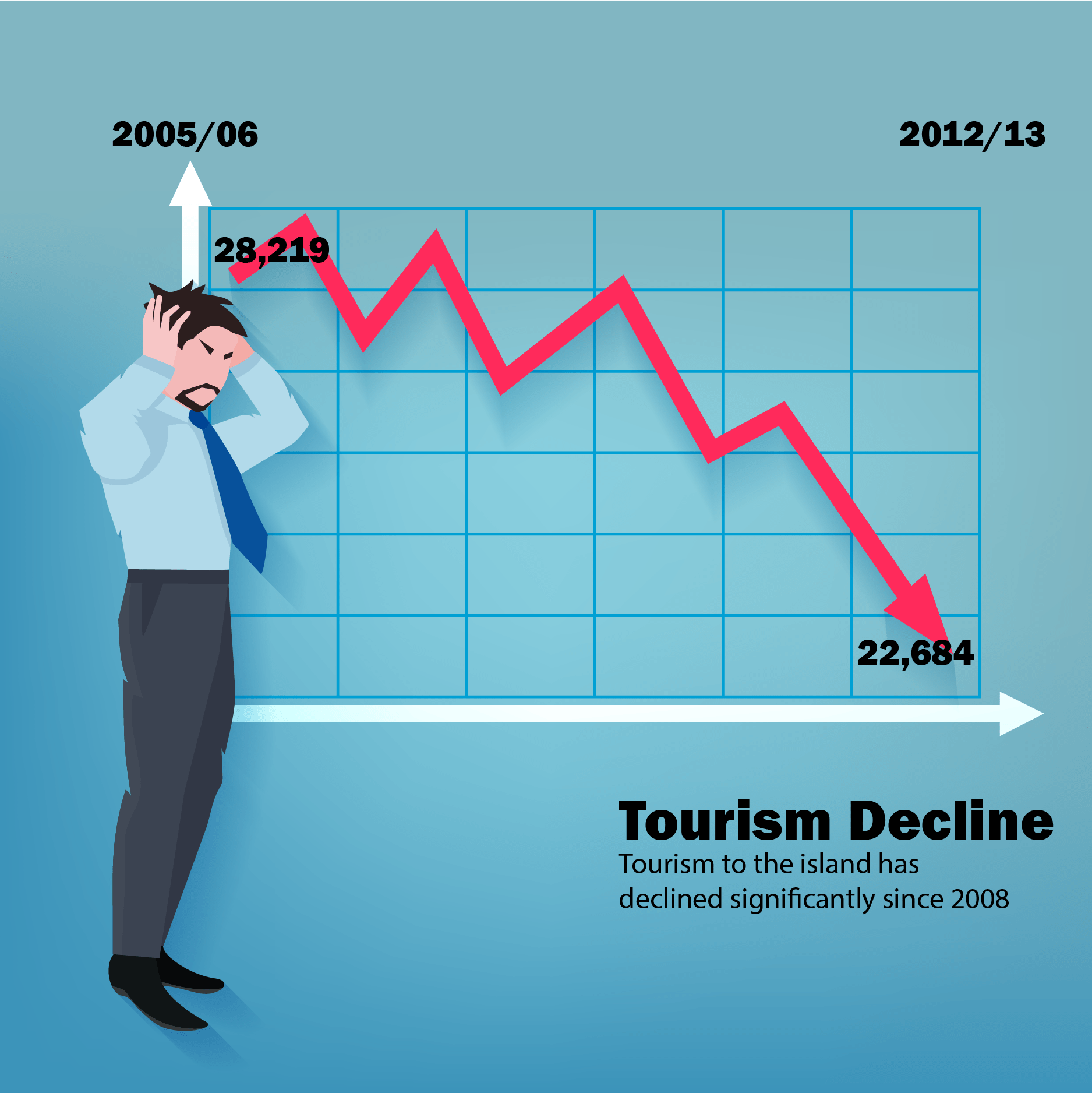
The Project
There are a number of islands in the South Pacific that, due to their isolation, have become adrift from the rest of the world and can, in some cases, require support in the areas of healthcare, education and economic diversification.
Strategic Discourse were asked to look into a specific South Pacific island by the Chief Executive of the charity. This island (Norfolk Island) had seen large economic changes since 2008, including localised revenue decrease and a decline in tourism, leading to a reduction in the quality of life for all citizens.
Coupled to this issue, healthcare facilities are no longer available on the Island (medical evacuation being used in the main) and a lack of higher education and business opportunities means the population has become skewed towards an older demographic. The economy is one dimensional and as a result, many young Islanders leave and do not return for many years.
Our Approach
To tackle these issues, Strategic Discourse were engaged to develop new programmes and projects. Initially, an extensive secondary research phase was conducted. Key academic models were used to analyse copious amounts of existing qualitative and quantitative data. This was necessary to validate information presented to us by the Chief Executive of The Maze Trust. After reviewing the data and following best practice the team provided several strategic recommendations, ranked from most to least suitable.
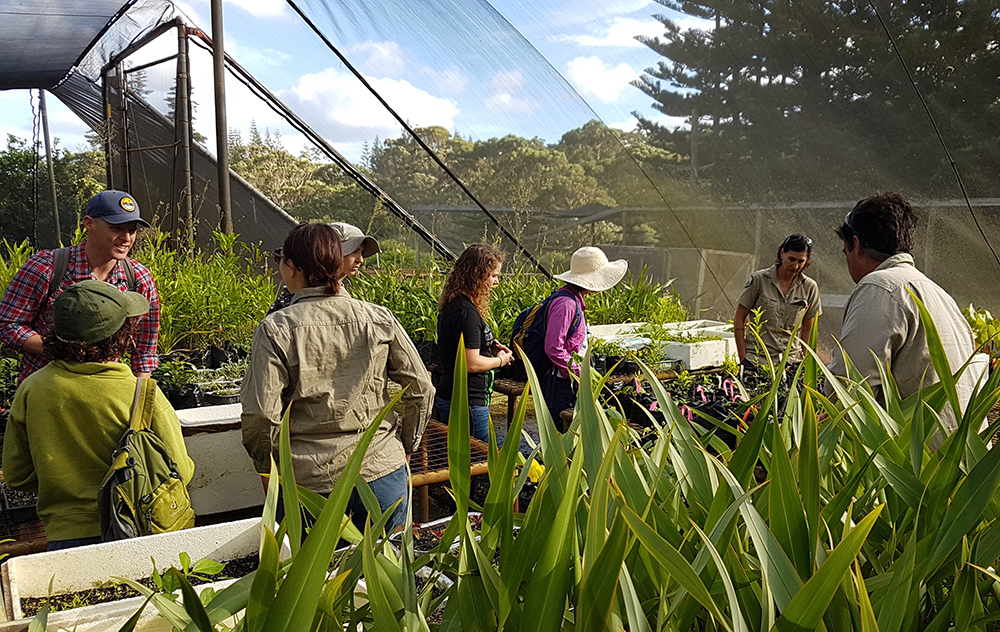
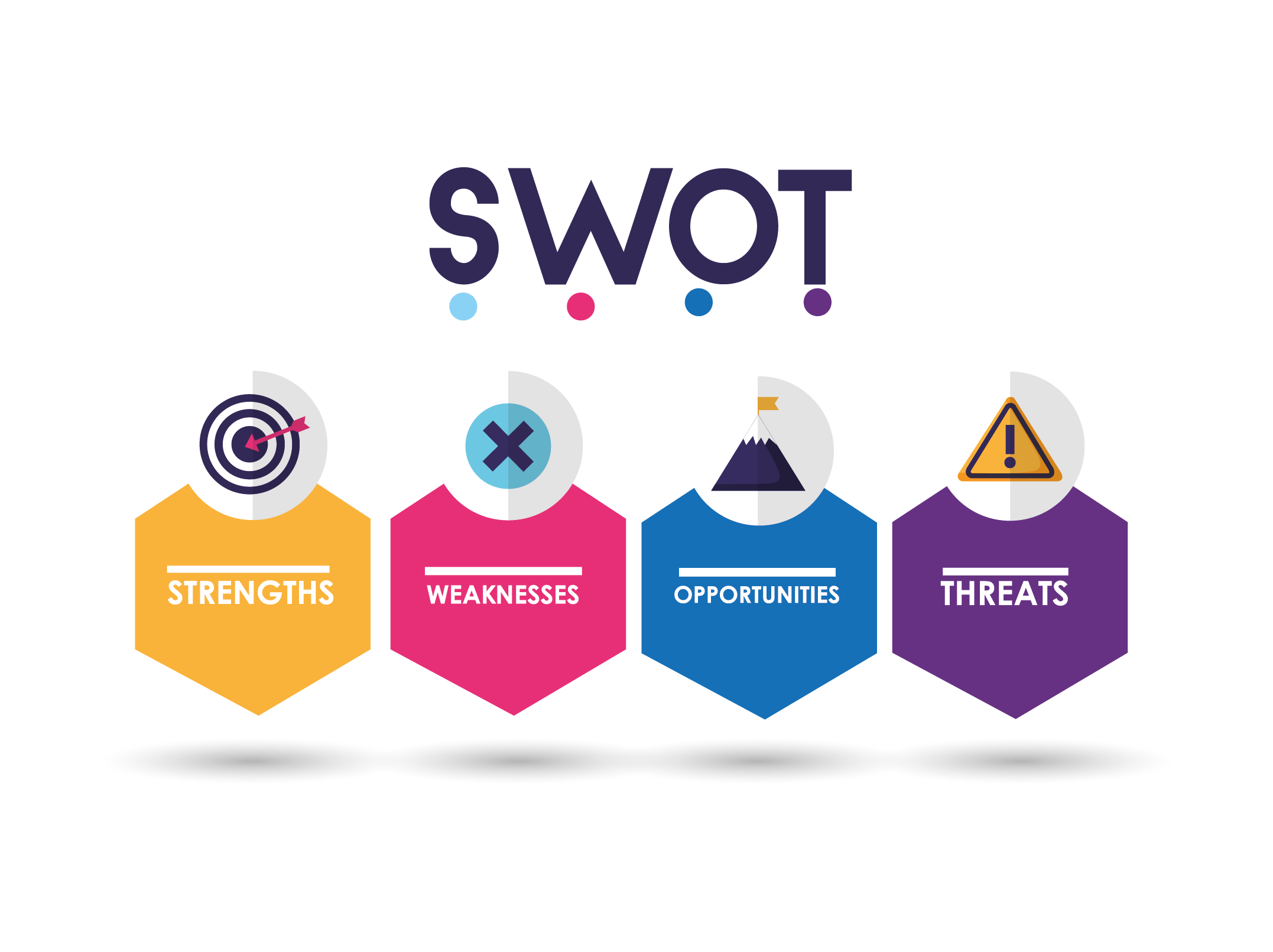
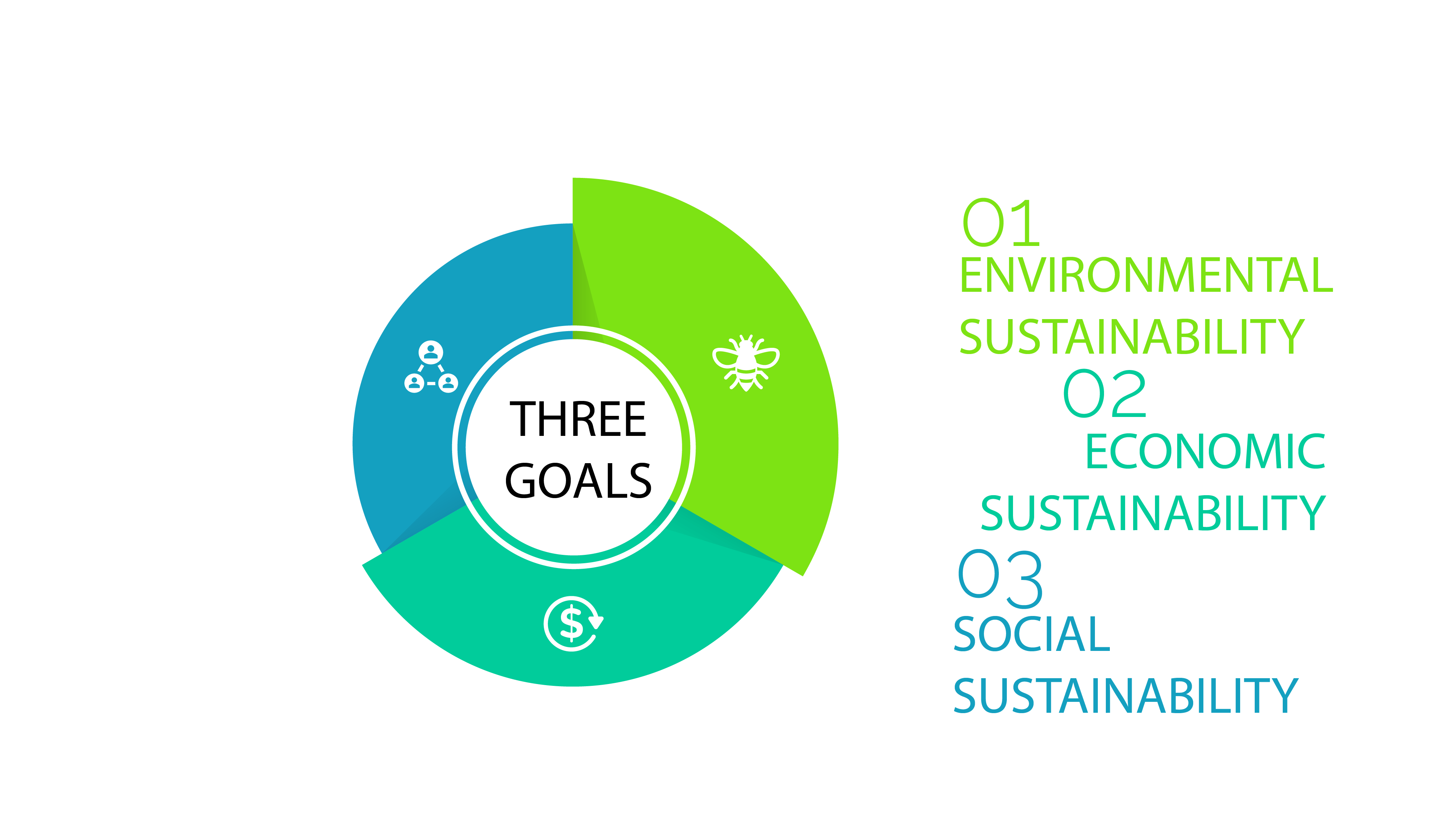
Critically the team needed to ensure that any strategy proposed would lead to economic, environmental and social sustainability. The most suitable strategies proposed revolved around the provision of education.
After analysis, the team suggested that the development of new educational programmes and an increase in the support for community projects would lead to the best overall outcomes for all citizens of the Island.
The recommendations proposed were reviewed by the charity, and Strategic Discourse were retained to determine if the proposed initiatives would receive community support from both key decision makers and the general population.
Key specialists from the Strategic Discourse team visited the Island to conduct in-depth scoping exercises. Interviews, workshops and focus groups were held with key representatives to establish the expert opinions of local decision makers. The team of researchers also conducted observational studies and surveyed the wider population. The data gathered was later analysed and used to develop finalised recommendations.
The Outcome
The primary recommendation was to develop a Higher Education facility on the Island, as the data suggested this was the most beneficial way of providing economic, environmental and social support simultaneously.
After visiting the Island to assess the feasibility of this, and attain valuable input from Islanders, the team of researchers conducted the last round of analysis and produced a finalised recommendations report.

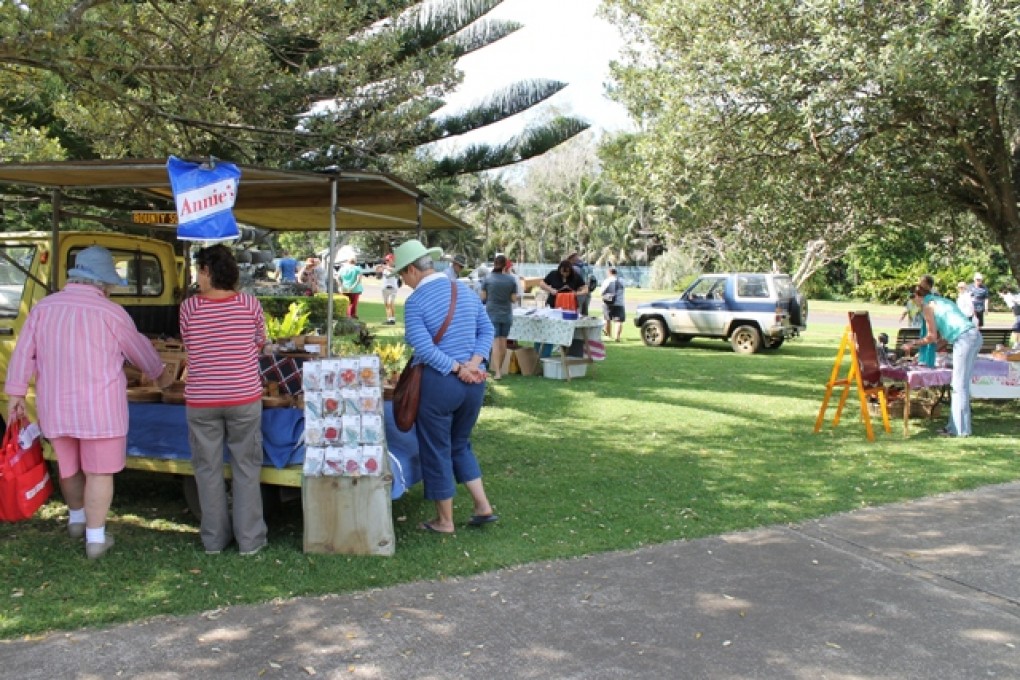
As explained thoroughly in the report, a Higher Education facility on the Island would provide much needed further education to young native Islanders. It should help to alter the current demographic skew as many young people leave the Island in pursuit of Higher Education. Furthermore, by expanding the reach of the institution to encourage application from international students, this will help to transform a one dimensional economy that has relied heavily upon providing services to tourists from older age demographics.
Additionally, if, as is recommended, the institution specialises in environmental and business studies, the unique and endangered ecosystems on the Island will receive much needed support.
The Higher Education facility is expected to generate significant profit by the third year and in-line with the ethos of the Maze Trust, the institution will support disadvantaged students, the local community and seek toe expand to deliver more services.

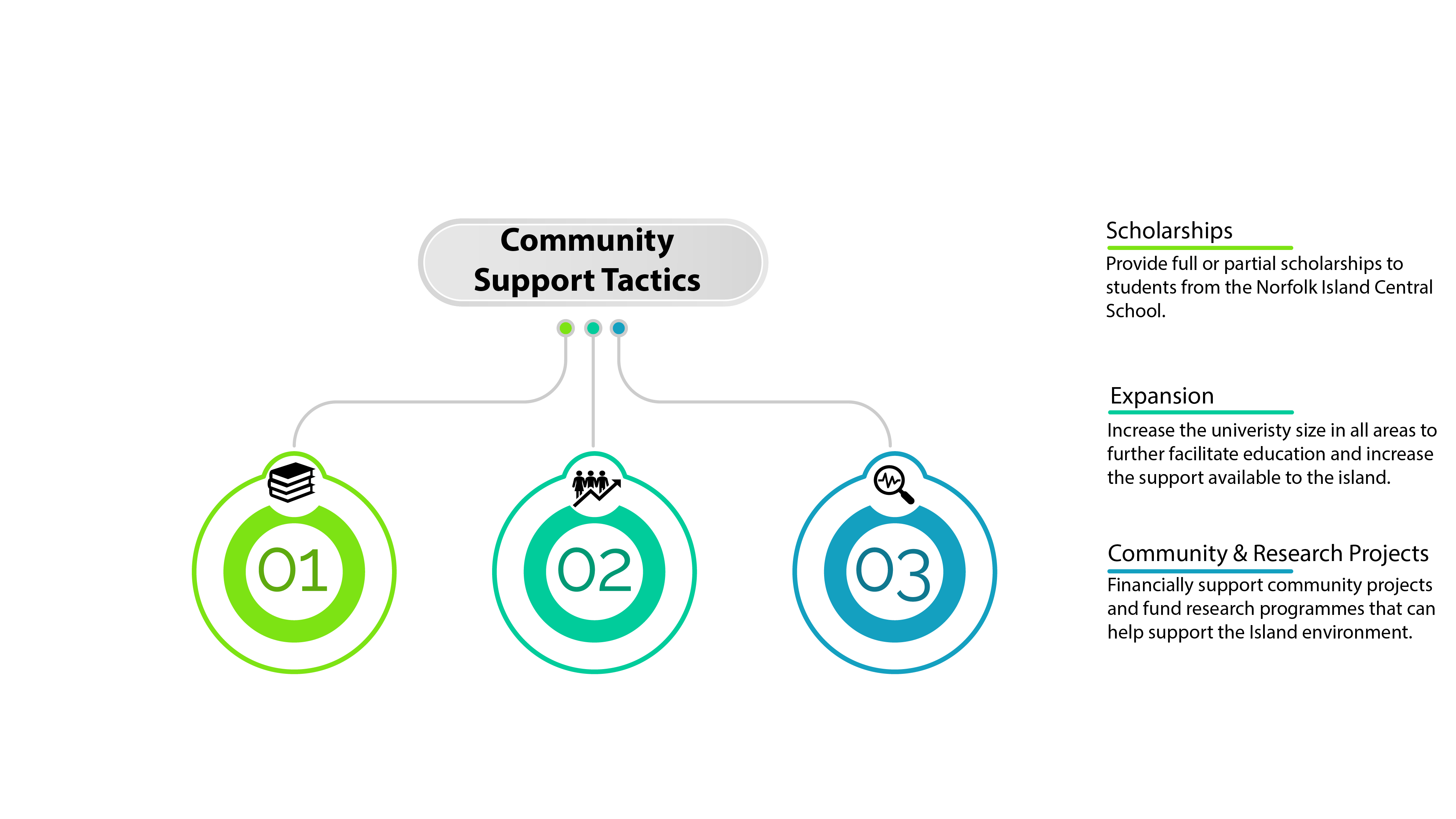
The Maze Trust were extremely pleased with the teams thorough and rigorous research. Following the comprehensive analysis, the Island was deemed a suitable location for a development of a Higher Education institution and the client highlighted that Norfolk Island would be an ideal beneficiary of their charitable funding. Work is currently ongoing regarding development.


